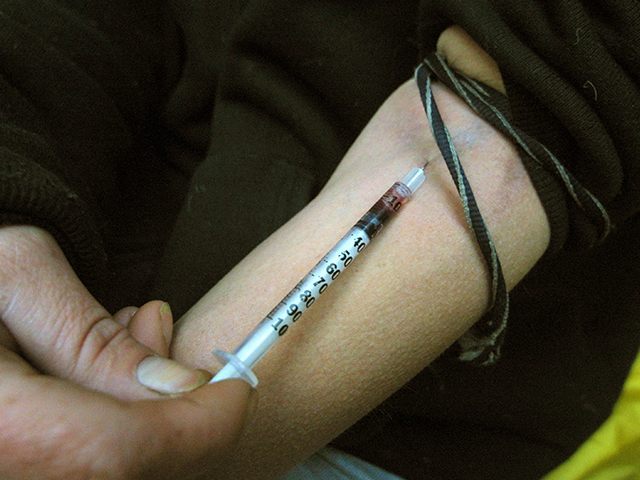The Fed’s decision to raise interest rates a quarter point for the first time in nearly a decade represents an important and welcome step in the direction of fiscal sanity. It’s a small step, but one that benefits ordinary Americans and will be disliked by many on Wall Street. And in the nation’s capitol.
As David Stockman, who served in congress and later in the Reagan Administration has put it, Wall Street has become addicted to “monetary heroin” in the form of low interest rates that encourage asset bubbles. But Wall Street investment firms love this because they can borrow money at absurdly low rates. The other powerful force that wants interest rates low: politicians in Washington, D.C. who don’t mind deficit spending. When interest rates go up, it’s costs more for the federal government to finance the national debt.
But for many ordinary Americans, particularly older Americans on a fixed income, low interest rates have been a disaster. Many middle class Americans, eager to have their money work for them, have been forced to take their money out of savings accounts and Certificates of Deposit (CDs) that earn nothing and put their savings on Wall Street if they hope to earn any sort of return. As Janet Yellen, the Fed Chair admits, “From the point of view of savers, of course, this has been a very difficult period.” You think? Since September 2012, 1 to 5 year CDs have paid less than 1% interest.
That’s another reason Wall Street loves lower interest rates: it pushes middle class Americans, even those who are older and on a fixed income, into the stock market.
Stockman and those who share his views, of course, have their critics. But the record of the past decade of cheap money pretty much tells the story: Wall Street wallets are much fatter; those of ordinary Americans not so much. Middle class and lower income Americans have seen their incomes decline dramatically under President Obama. Part of that, of course, is the weak jobs market. But the inability of ordinary Americans to have their money safely work for them is another important reason.

COMMENTS
Please let us know if you're having issues with commenting.